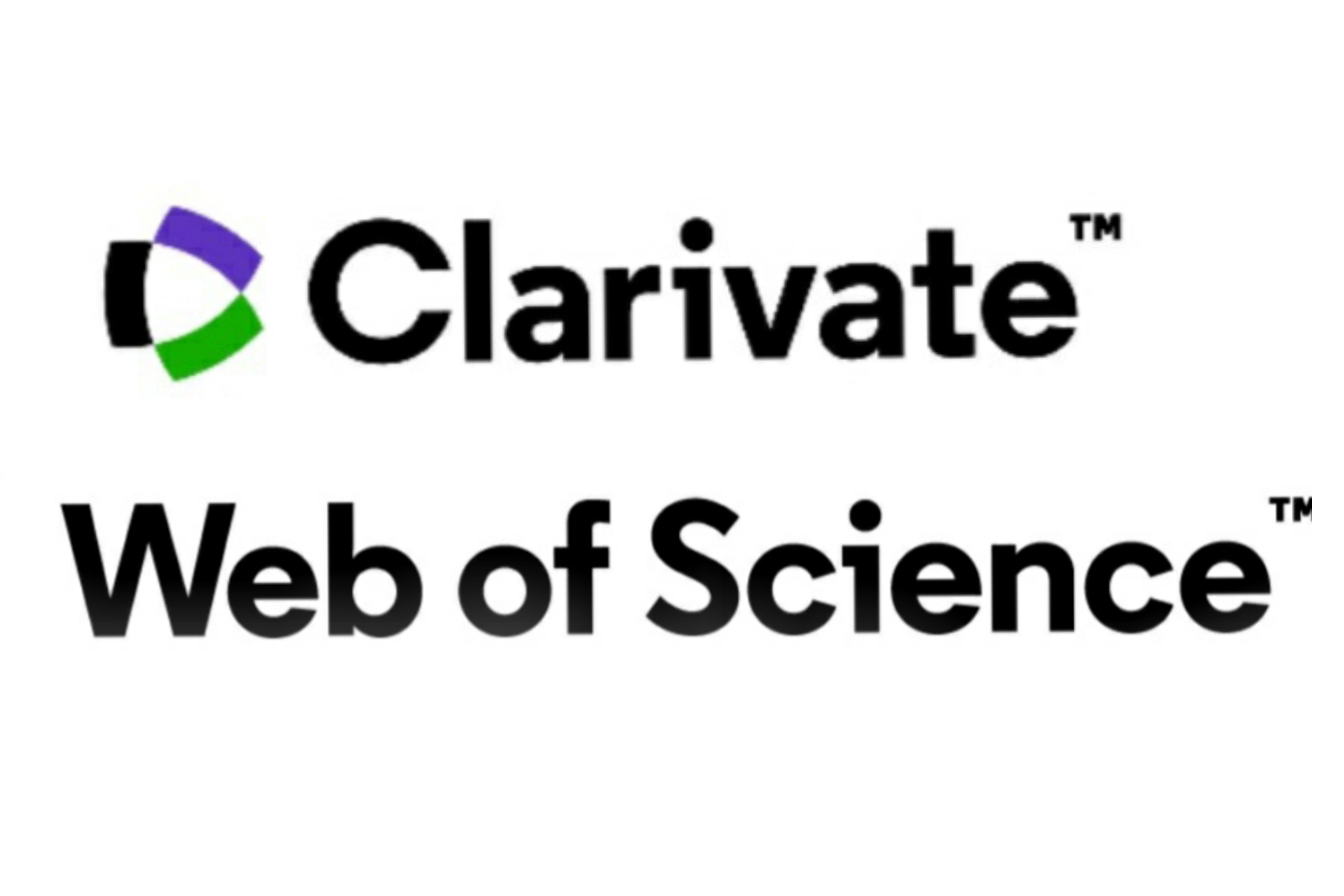The task of forming electronic files in the electronic document flow system
DOI:
https://doi.org/10.26577/JMMCS2023v120i4a9Keywords:
management documentation support, electronic document, details of an electronic file, metadata, electronic document management system, nomenclature of files, formation of an electronic file, theory of predicates, binary comparisonAbstract
In connection with the transition of organizations and enterprises of the country from paper to electronic document management and the adoption of regulatory requirements for electronic document management systems and archival storage, the task of creating electronic files becomes relevant. The paper proposes an approach to solving the problem of generating electronic files, which is characterized by sufficient generality and simplicity in the creation of algorithmic and (or) software. The task of forming electronic files is solved by implementing a sequence of operations for binary (paired) comparison of the metadata of an electronic document within the existing (ordered in some way) feature space. Within the framework of the proposed approach, it is possible to obtain in an explicit form the conditions for the belonging of an electronic document to the corresponding electronic file. Fulfillment (non-fulfillment) of these conditions is equivalent to the truth (falsehood) of some very specific predicate, and the structure of this predicate makes it possible to implement the mentioned sequence of comparison operations. In practice, the approach allows you to effectively solve the problem of automated distribution of an electronic document in electronic cases, when some of the details of the electronic document are known.
References
Decree of the Government of the Republic of Kazakhstan dated September 20, 2018 No. 576 “On approval of the Rules for the acquisition, storage, accounting and use of documents of the National Archival Fund and other documents by state and special state archives”
Decree of the Government of the Republic of Kazakhstan dated October 31, 2018 No. 703 “On approval of the Rules for documenting, managing documentation and using electronic document management systems in government and non-government organizations”
Mustafina, A. (2019). Creation of the e-archive in Kazakhstan. Atlanti, 29(2). Retrieved
from https://journal.almamater.si/index.php/Atlanti/article/view/325
Estaeva M. Formation process and preservation of a natural electronic archive. June 2009 Proceedings of the American Society for Information Science and Technology 45(1):1 – 9 DOI:10.1002/meet.2008.1450450270
Order acting Minister of Culture and Sports of the Republic of Kazakhstan dated September 29, 2017 No. 263 On approval of the List of standard documents generated in the activities of state and non-state organizations, indicating the storage period
Volkov I.K. Methodology for the formation of electronic cases // Scientific and technical bulletin of information technologies, mechanics and optics. 2019. V. 19. No. 4. S. 650–656. doi: 10.17586/2226-1494-2019-19-4-650-656
I. D. Korolev, V. S. Nazintsev, A. S. Mezentsev, and A. P. Makhnev, “Methods of Formation of Electronic Files in an Electronic Document Management System,” Science- Intensive Technologies in Space Research of the Earth. 2020. V. 12. No. 4. S. 65–75. doi: 10.36724/2409-5419-2020-12-4-65-75
Volkov I.K., Korolev I.D., Medvedev A.N. Problematic issues in the development of electronic archives. Science Yesterday, Today, Tomorrow, 2016, no. 11, pp. 13–18. (in Russian)
VolkovI.K.,KorolevI.D.Theformationoftheelectroniccasestotheelectronicdocument management system. Estestvennye i Matematicheskie Nauki v Sovremennom Mire, 2017, no. 1, pp. 36–41. (in Russian)
Bondarenko M.F., Shabanov-Kushnarenko Yu.P. About Algebra final predicates // Bionics of intelligence. 2011. No. 3(77). pp. 3–13.














